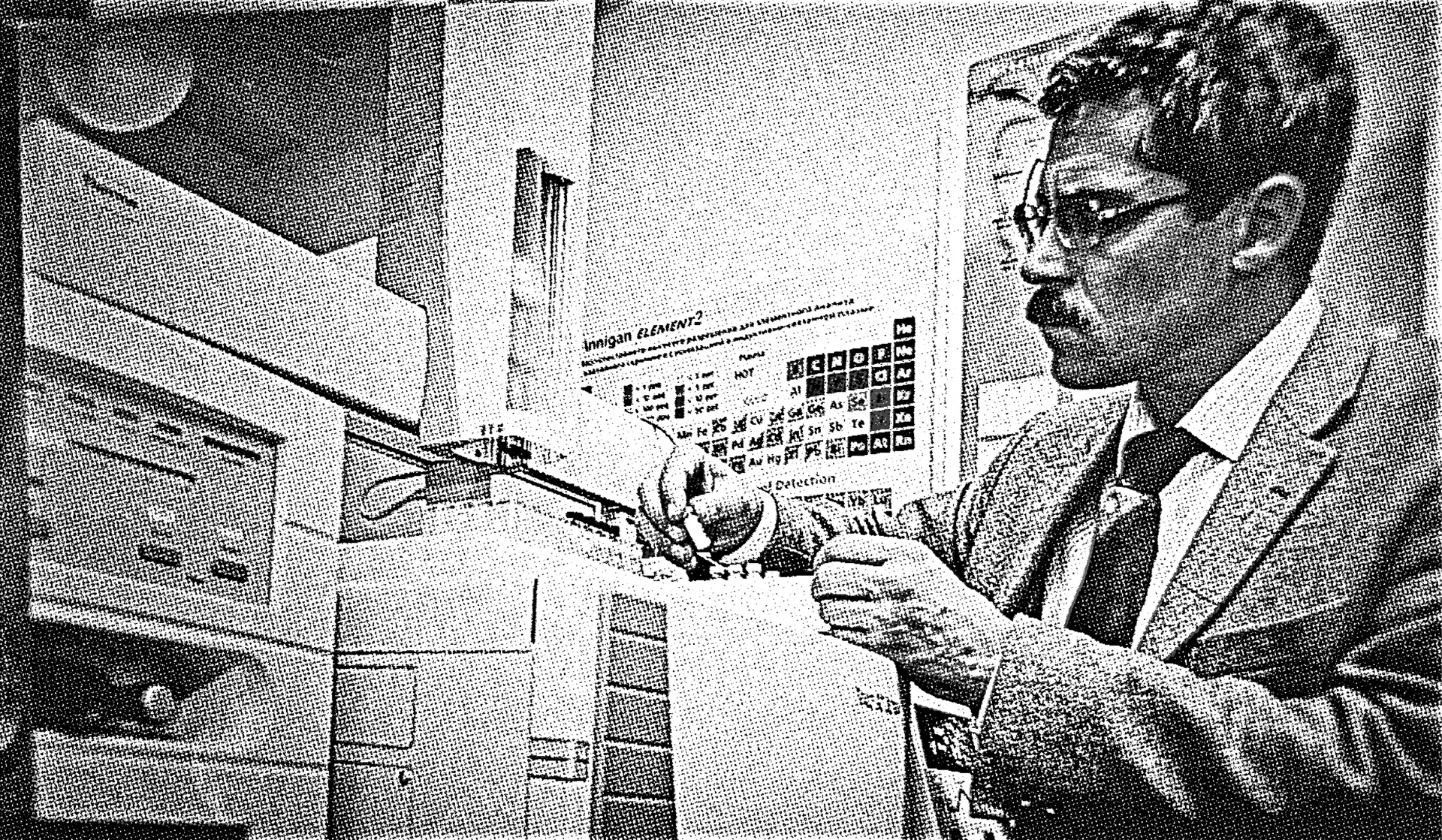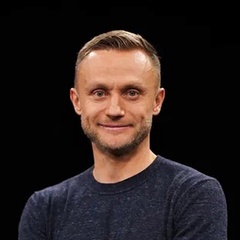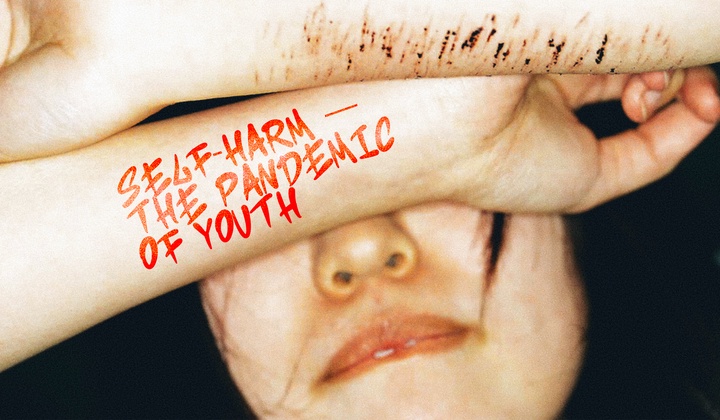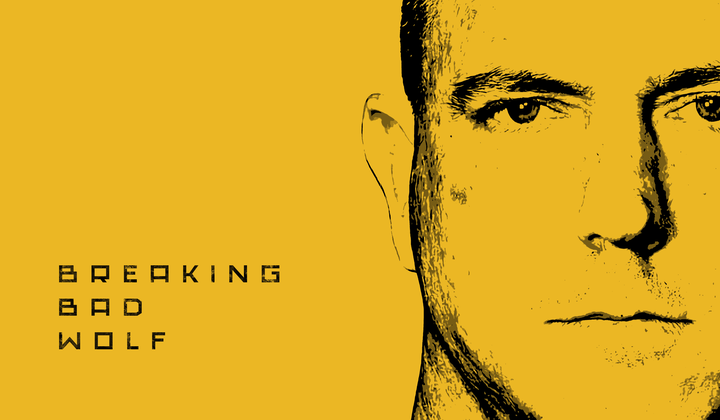In December 2019, the Executive Committee of the World Anti-Doping Agency WADA disqualified Russia for doping for four years. The reason for the sanctions against the Russian Anti-Doping Agency (RUSADA) was the accusation of manipulation of doping samples. WADA demanded the database of the Moscow Anti-Doping Laboratory. This international scandal «at the top» was of least interest to athletes, but, as it usually happens, it affected them the most. What will the athletes say about this and what is the threat of disqualification?











